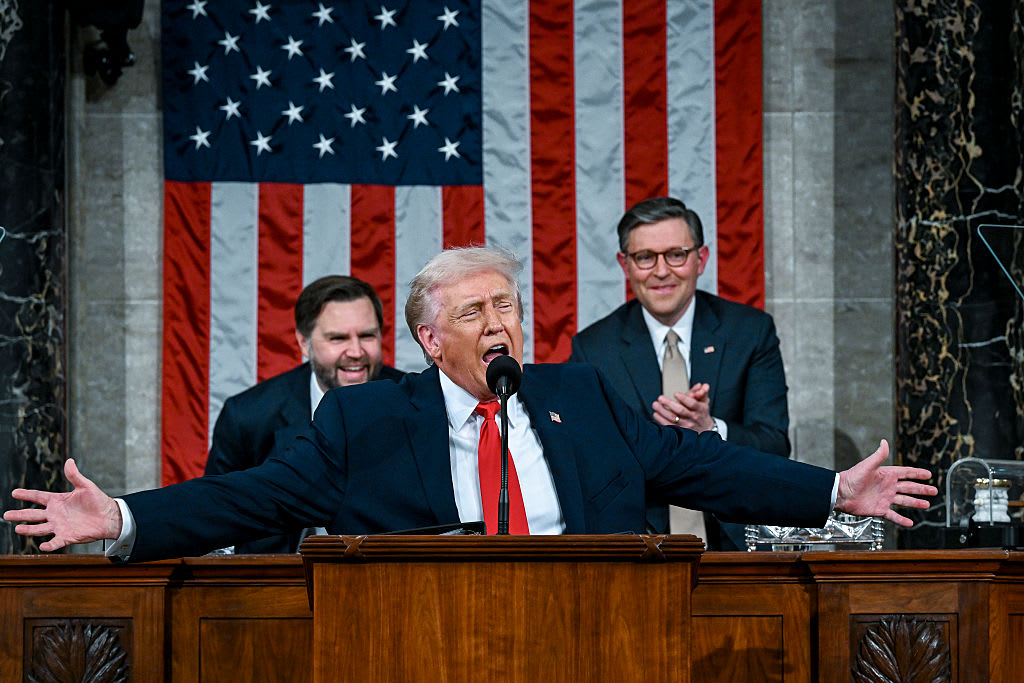U.S. Postal Service delivers red ink for 12th year as letter mail drops
The U.S. Postal Service on Wednesday reported a financial loss for the 12th straight year, citing declines in mail volume and the costs of its pension and health care obligations, as the agency braces for an upcoming report ordered by President Donald Trump to address its "unsustainable financial path."
Postal officials said they expected next year's finances to be helped by a strong holiday season of package deliveries and a just-approved increase to the price of its first-class stamp, from 50 cents to 55 cents. It takes effect in January.
But they pleaded anew for help from Congress to relieve the Postal Service of onerous health and pension prepayments and for help from regulators to grant the agency more flexibility to increase prices so it can return to profitability.
- Does the Postal Service really lose money on Amazon deliveries?
- The latest Postal Service price increase for stamps
"Absent legislative and regulatory change, we cannot generate enough revenue or cut enough costs to pay off our bills," said Postmaster General and CEO Megan J. Brennan. "The flawed business model imposed by law continues to be the root cause of our financial instability."
The Postal Service reported a loss of $3.9 billion for the budget year that ended Sept. 30, compared with a $2.7 billion loss the year before.
A nearly 7 percent increase in package delivery was unable to offset drop-offs in letter mail, which makes up more than 70 percent of total revenue. First-class mail volume fell by roughly 2.1 billion pieces, or 3.6 percent, as people in the digital age rely more on email for online bill payments.
Revenue was $70.7 billion, compared with $69.6 billion last year, but there were higher transportation and labor costs from delivering more packages.
Trump in recent months has asserted without evidence that the Postal Service is "losing a fortune" and reporting annual losses because it is not charging higher shipping rates for online retailers such as Amazon, whose founder, Jeff Bezos, owns The Washington Post. In April, Trump issued an executive order demanding a review of the Postal Service's finances. That report, led by the Treasury Department and originally due in August, was expected to be released in the coming weeks.
Trump has often labeled the Post "fake news" after the newspaper reported unfavorable developments during his campaign and presidency and highlighted the Bezos connection by calling it the "Amazon Washington Post." On Sunday, Rep. Adam Schiff, D-Calif., the expected next chairman of the House intelligence committee, told Axios that Democrats will seek to investigate whether Trump sought to punish Bezos by pressuring the Postal Service to raise Amazon's rates.
Package delivery has been a bright spot for the service, although its growth is slowing, and regulators have found its contract with Amazon to be profitable.
The Postal Service, an independent agency, is trying to stay financially afloat as it seeks to invest billions in new delivery trucks to get packages more nimbly to American homes.
Regulators this week approved the Postal Service's request to increase the price of its first-class stamp by 5 cents. The 10 percent increase to the cost of mailing a 1-ounce letter is the biggest since 1991. The price of each additional ounce will drop from 21 cents to 15 cents. The rate increase takes effect on Jan. 27.
To become financially stable, the Postal Service has been urging Congress to provide it relief from the mandate to prefund retiree health benefits. Legislation in 2006 required the Postal Service to fund 75 years' worth of retiree health benefits, something that neither the government nor private companies are required to do. It is also seeking flexibility from regulators to increase stamp rates above the rate of inflation.
To avert bankruptcy, the post office has defaulted on the multibillion-dollar health prepayments each year since 2012.



